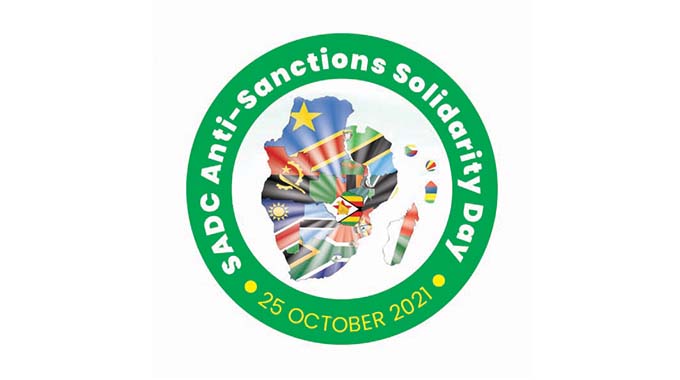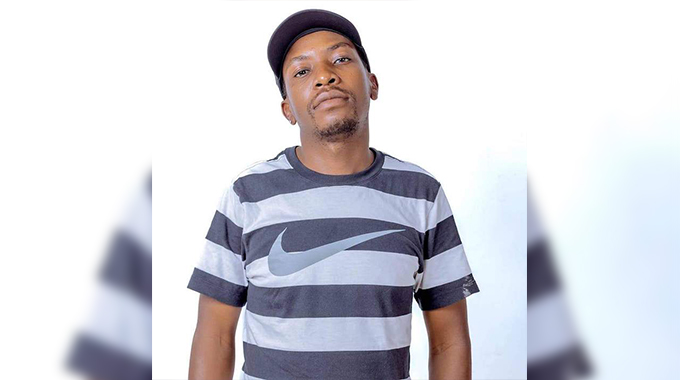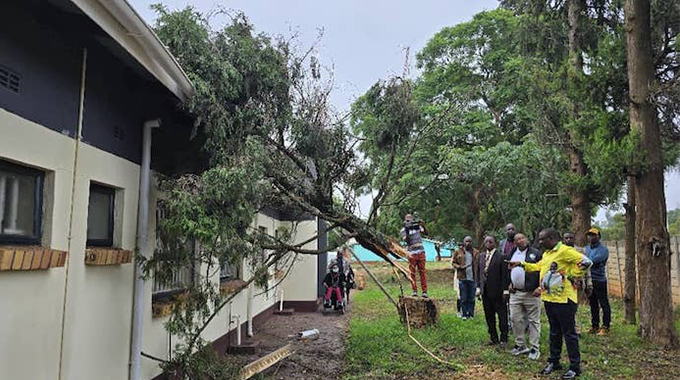‘Sanctions have opened our eyes’

Farirai Machivenyika, Harare Bureau
ILLEGAL economic sanctions imposed on Zimbabwe by the West have taught the country to be self-reliant as seen by the hiring of local companies to carry out various infrastructure development projects especially road and dam construction, President Mnangagwa has said.
The President said this in a wide-ranging interview with The Third Eye, a new Pan-African magazine launched this month.
The country has been under Western imposed sanctions for over 20 years and has been cut-off from accessing loans from multi-lateral institutions prompting Government, under the Second Republic to devise home-grown solutions.
Government has since adopted the “Nyika ino vakwa ne vene vayo’’ mantra to buttress the point that only Zimbabweans are responsible for the development of the country.

World Bank
“That is one (hiring of local firms) of the benefits from sanctions. Sanctions have taught us to be ourselves, to be masters of our own destiny. Sanctions have taught us to depend on ourselves and not depend on the world that is making us victims of their sanctions.
“In the past, when we wanted to construct or repair our roads, we would look for World Bank or IMF loans, but now that we are under sanctions, we can’t go to the World Bank, we can’t go to the IMF or any of these global funding institutions. They can’t give us lines of credit. And so we must look at ourselves and do things ourselves and in our own way,” the President said.
He added that Zimbabwe should be proud for withstanding the sanctions, that were imposed over two decades ago, for this long.
“Sanctions are not a theory in this country. They are a fact of life in Zimbabwe. We should be proud that we have managed to survive this long under sanctions.
“When the sanctions were imposed, the intention was to cripple our economy. The idea was that our people were supposed to rise against the Government and install a puppet government. It’s now about 22 years and nothing of that sort has happened.
“We continue to survive because of the resilience of our people. We are surviving with these challenges in the economy. Our economy collapsed. For years, our economy was recording minus growth. However, over the past four years, we didn’t record any minus growth. I think we are at around 4,6 percent growth and then someone says the economy is not improving,” he said.
He said the West had attacked the country’s currency in their efforts to collapse the Government but all had been in vain.
The President said some countries that are not under sanctions were failing to record the 4,6 percent growth.
President Mnangagwa however, said despite making several gains in improving the economy on various fronts since 2018, he felt more could have been done.
“I wish we had done even better than what we have done so far,” he said. “My ambition or the ambition of the Second Republic is to make sure that we address the basic things that affect our people. And what are the basic things? The basic things are food security in the country, and you can see what we are doing. We are promoting irrigation countrywide to make sure that we have food security in the country.

“The second thing is education. Next year we are introducing free education. So we are making sure that our children go to school, no one should be denied access to school.”
He said children should be educated so that they understand that they are builders of their nation and not think foreigners would do it for them.
“Those people would have built their nations but they come with the philosophy that they want to build your country when in effect they actually come to exploit your economy for themselves. It is not true that any former colonial power has any interest or commitment to develop a former colony, No! But they have interest to continue to link themselves to the former colony in order to find more ways of stealing the wealth of the former colony in a subtler manner.
“So we must educate our people, our young people, to be sophisticated themselves. We the old generation, cannot do the things that the young people can do. This is why we must ensure that we send them to school, so they learn all the skills and the technologies. It is why we must give access to our young generation so that they can compete with the former colonial masters.”












Comments